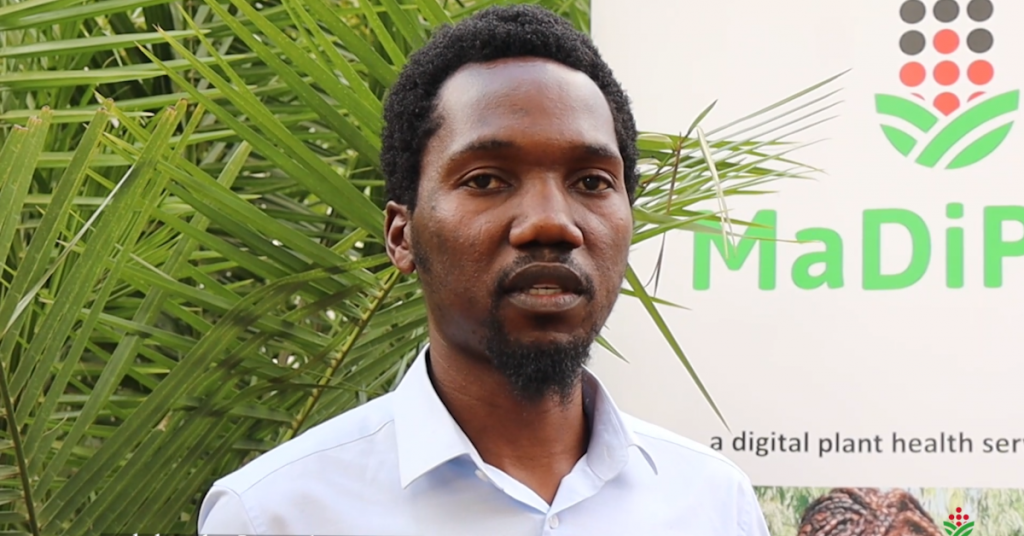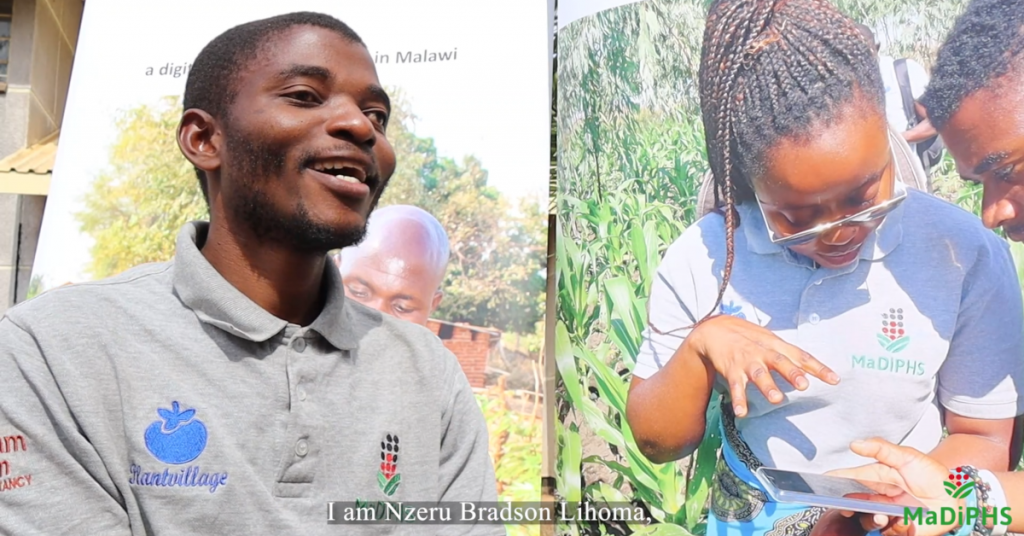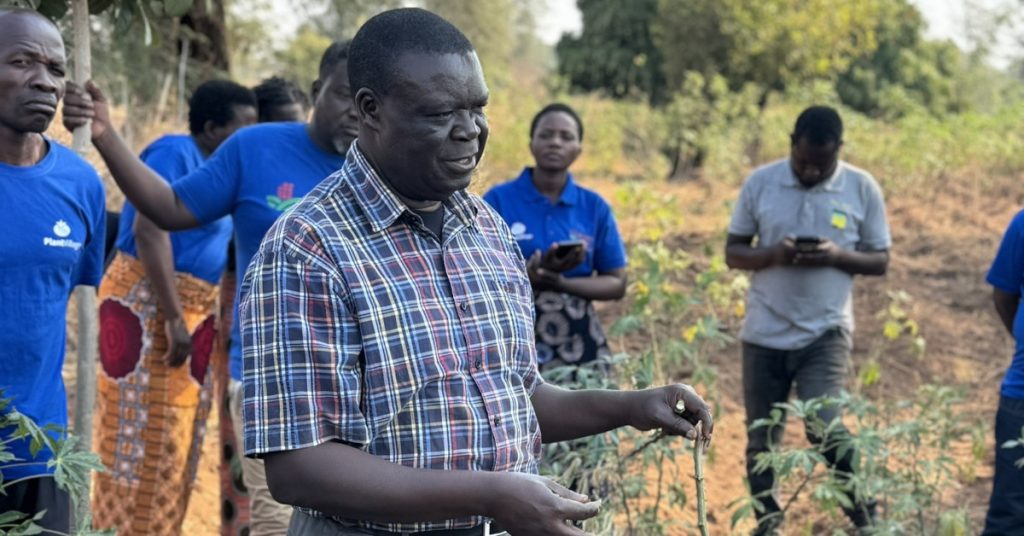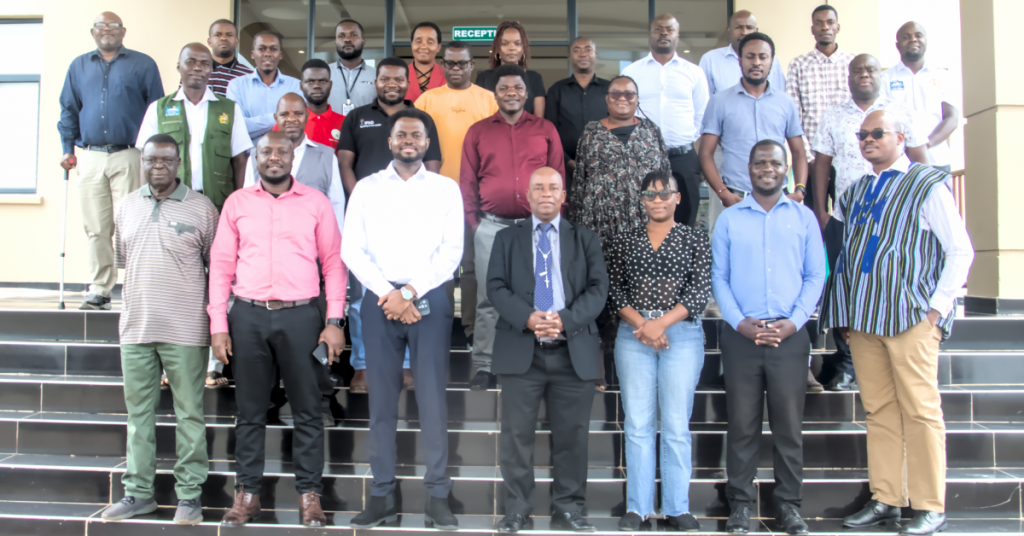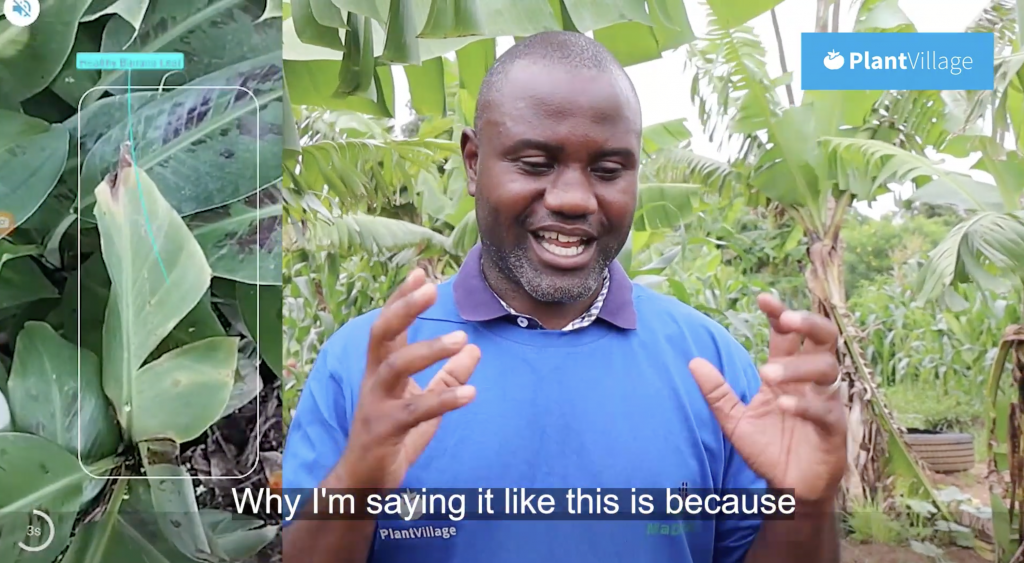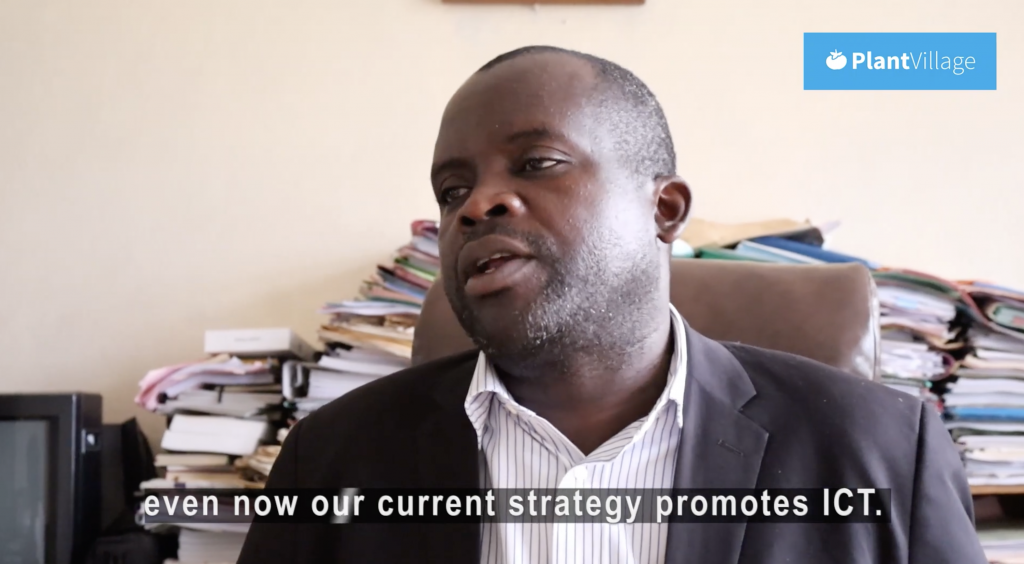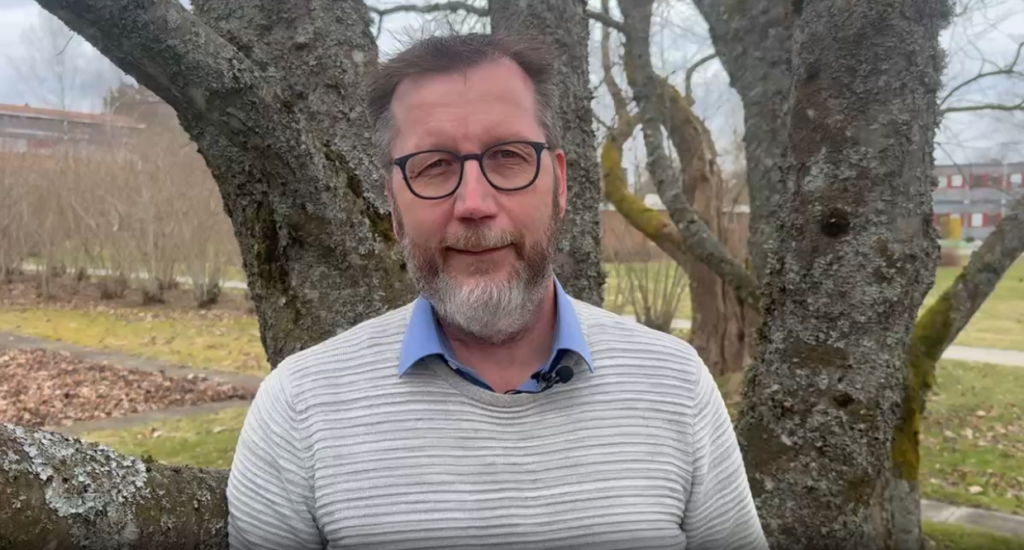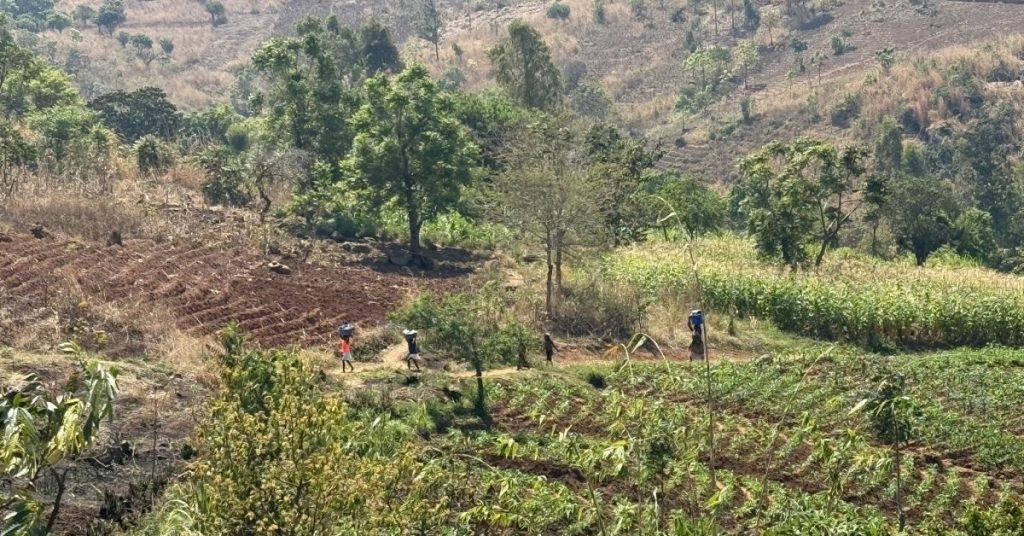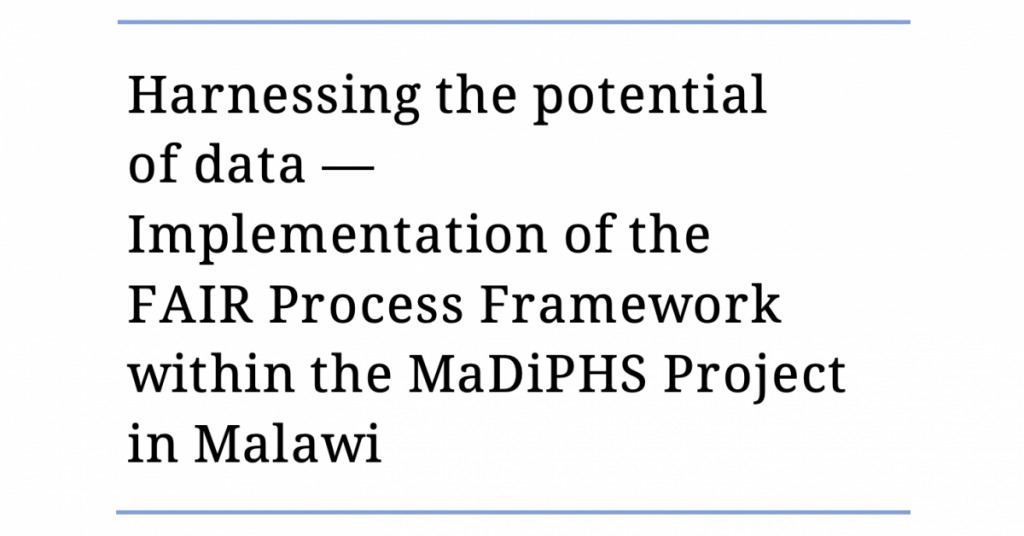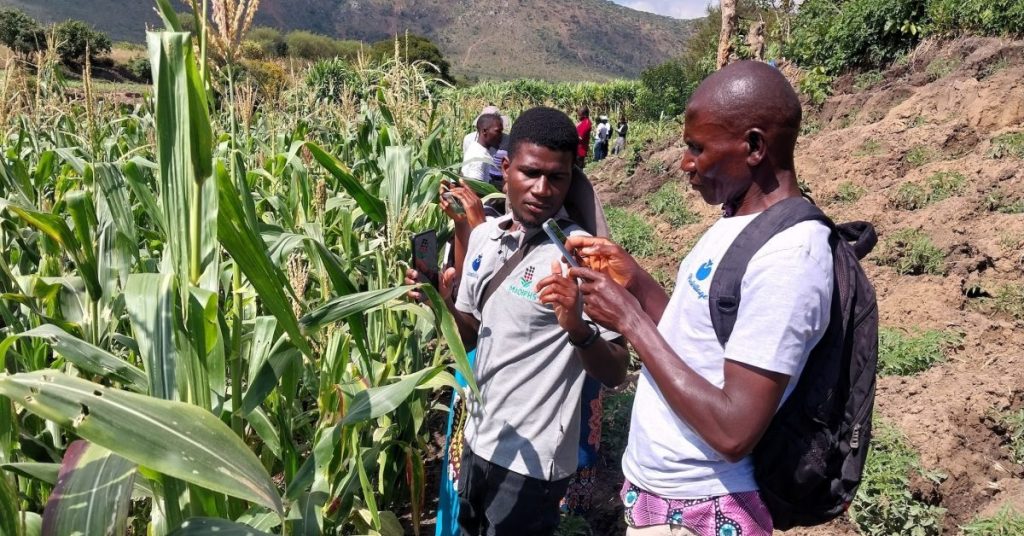Researching cassava mosaic disease to protect Malawi’s crops
Meet Lumbani Benedicto Banda, a PhD student with the MaDiPHS project at Lilongwe University of Agriculture and Natural Resources (LUANAR), where he also teaches. In this film, he shares what motivated him to apply for the MaDiPHS Scholarship and talks about his research on cassava mosaic disease and the whitefly that spreads it.
Researching cassava mosaic disease to protect Malawi’s crops Read More »

